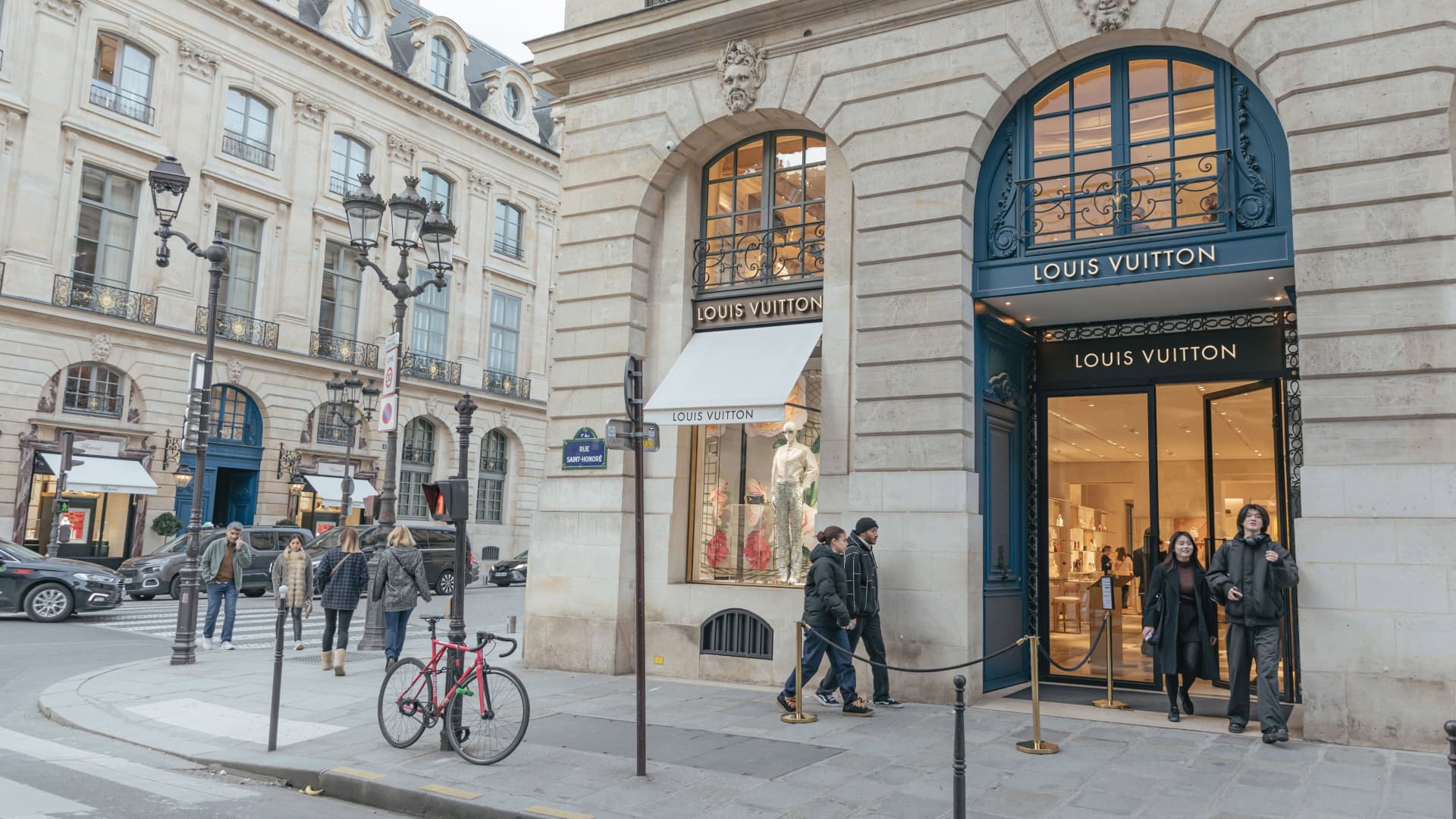A clear split of winners and losers among Europe’s prized high-end luxury brands could emerge after President Donald Trump’s sweeping tariffs were seen blowing a hole in lucrative U.S. sales, analysts warned. The U.S. has been a major growth driver for many luxury brands in recent quarters, as firms have shifted their focus to well-heeled American consumers amid waning Chinese sales. But fresh duties of 10%, 20% and 31% on imported goods from the U.K., Europe and Switzerland, respectively, could dent that demand as designer goods — typically dependent on European and Asian production — pass on added costs to consumers. “We expect most luxury brands to pass that on to the end-consumer through another round of high-single-digit percentage price increases in the US [in] the coming weeks in order to mitigate some of the impact,” the analysts wrote in a note Thursday. U.S. exposure Citi flagged German shoemaker maker Birkenstock , Italian fashion house Brunello Cucinelli and Danish jeweller Pandora among the stocks with the biggest exposure to U.S. consumers. Pandora shares shed 11% Thursday, hitting its lowest level in a year, on the announcement of 37% tariffs on its main production hub, Thailand. That’s well above the 10% tariff base case management forecast in February, without citing mitigation measures, Citi noted. Pandora shares continued to fall on Friday after the firm said Trump’s tariffs would have a potential impact of 1.2 billion Danish krone ($176.6 million) on the company. Elsewhere, Swiss jewelry and watchmakers, for whom the U.S. is a large market, face a larger than expected tariff blow, likely hitting sales at Richemont and Swatch Group . Potential winners Among the possible outliers on the positive side were stocks with lower U.S. revenue exposure, more localized production stateside, and those that face more modest tariff rates. They include Italian fashion label Moncler , British brand Burberry and French luxury house LVMH . Meantime, brands that have thus far managed to weather a wider luxury downturn and depressed consumer spending, such as Hermes , could be best placed to pass on price rises. “Those companies with strong pricing power/higher-end positioning such [as] Hermes and Richemont might find it easier to mitigate the impact through pricing, we think,” the analysts added.





